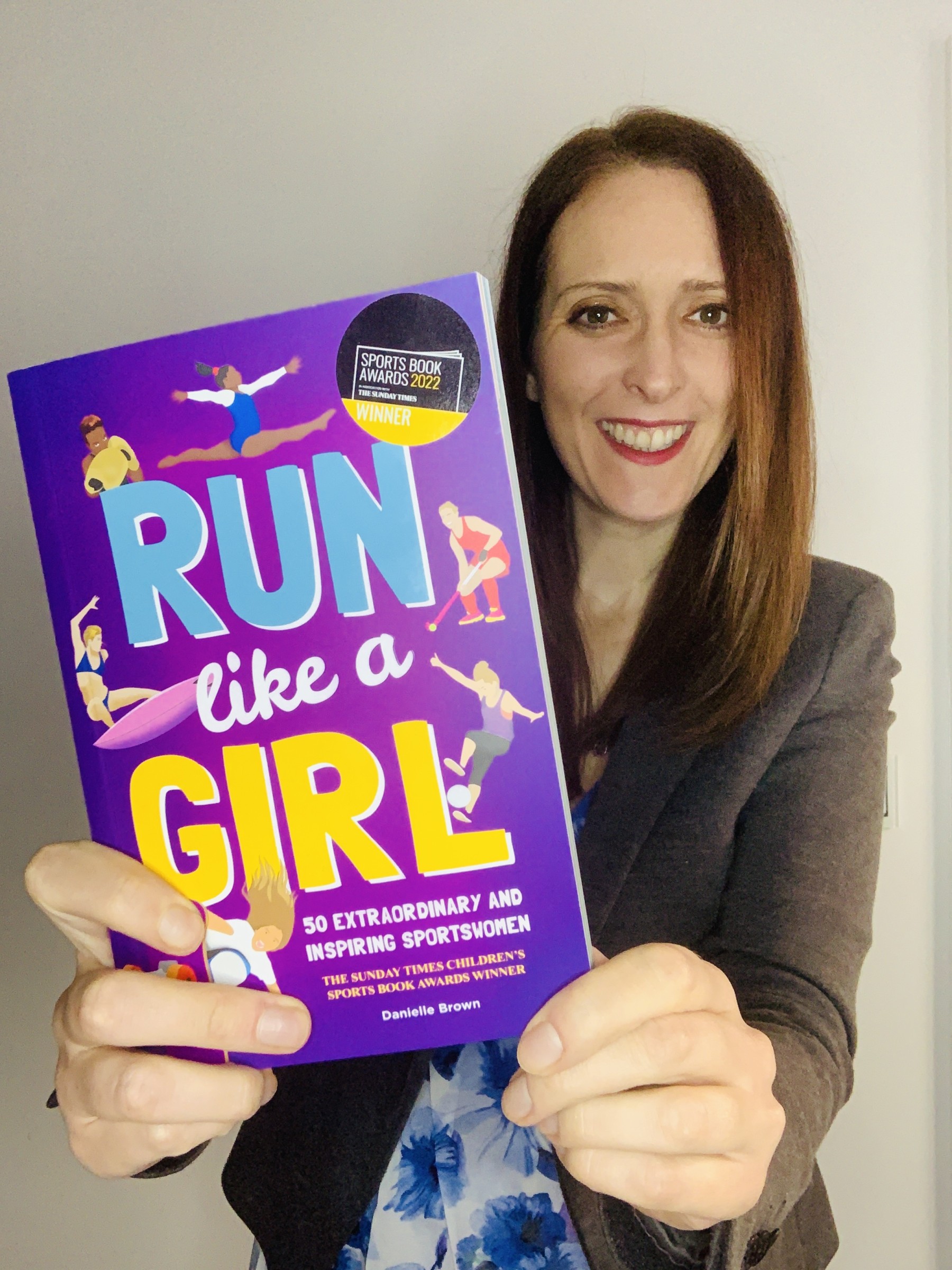Please note that we will automatically hold all schools orders from 16–20 February due to the half-term break. If your school remains open for delivery and you'd like your books delivered during that week, please let us know by calling us on 0121 666 6646 or emailing hello@peters.co.uk.
For help, advice and telephone ordering call our team on 0121 666 6646
Are you sure you wish to delete this basket?()
This action cannot be undone.
Sorry, something went wrong
Please report the problem here.
Run Like A Girl: Paralympian Danielle Brown on representation in sport and literature
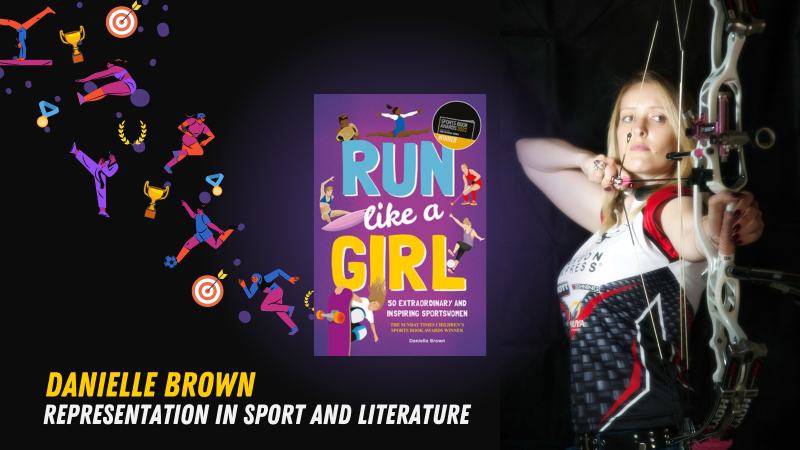
January 8th 2023
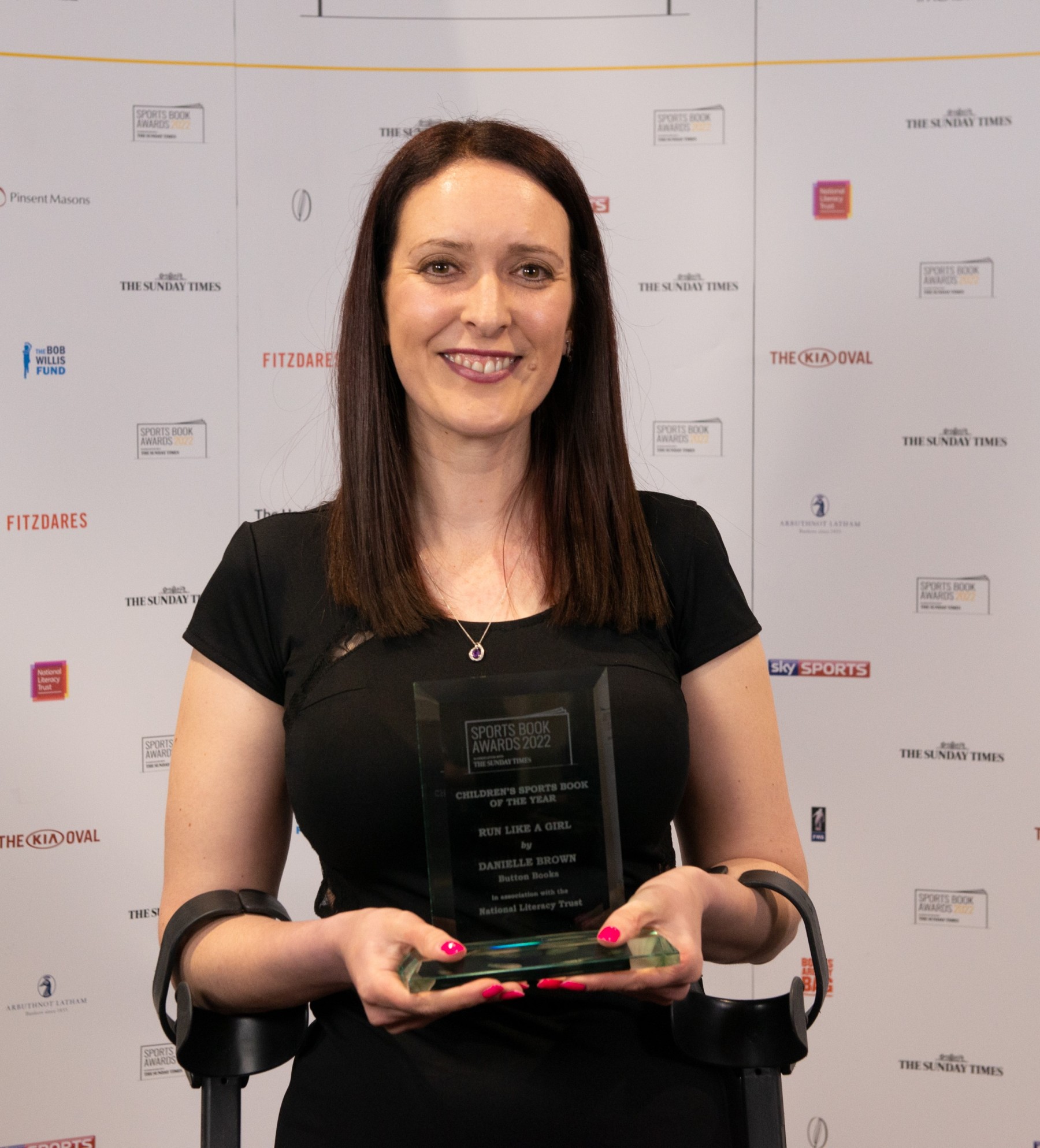 |
About Danielle Brown Danielle is a double Paralympic gold medallist (Beijing 2008 and London 2012) and five-time World Champion in archery. She became the first disabled person to represent England – and win gold – in an able-bodied category at the Commonwealth Games, and was awarded a MBE by the Queen. Now she loves writing children’s books to inspire young people to pursue big goals and work hard. |
In this guest author blog, Paralympian and World Champion Danielle Brown tells us why we need more representation of female athletes, and why she wrote Run Like A Girl, a biographical anthology of 50 female athletes from around the world.
Where the story began
The funny thing is that I never set out to become an athlete, I kind of fell into it by accident.
Growing up, I had many hopes and aspirations for my future, but nowhere on that list was there any mention of sport. It wasn’t because I didn’t like sport (I really did!), it was because I didn’t know it was a real-life career choice. It took me a long time to realise that not seeing successful female athletes had a huge impact on what I thought I could or couldn’t be. These incredible role models weren’t on TV, or in books, or spoken about in the playground.
The cherry on the top was the monumentally destructive phrase “you run like a girl!” which was used far too frequently to sum up bad performances in boys and why girls didn’t really belong there. This reaffirmed everything I thought I knew: people like me did sport for a bit of fun, but it would never amount to anything more than that.
Changing the narrative
I was lucky. When somebody stepped in and changed the narrative, it changed my future. When I started archery at the age of 15, my club coaches saw something in me, and they were full of encouragement. “You have potential,” they told me. I wasn’t entirely sure what they saw, but I wanted to be that person, so I worked hard, pouring my energy and enthusiasm into it.
Three years later I burst onto the international scene, jumping straight in as World Number 1 and hanging onto that position for the rest of my career. I travelled the world, winning five World Championship titles and two Paralympic gold medals, the first in Beijing 2008 and retaining my title on home soil, in London 2012. I also became the first disabled person to represent England as an able-bodied athlete, winning a gold medal at the Commonwealth Games.
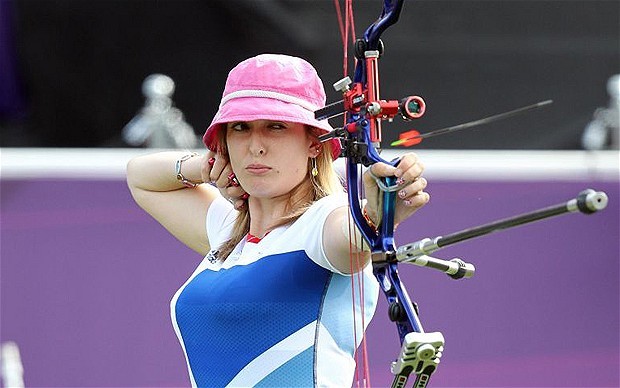 Danielle competed in the London 2012 Paralympic Games, where she defended and won the Paralympic gold medal in individual compound archery
Danielle competed in the London 2012 Paralympic Games, where she defended and won the Paralympic gold medal in individual compound archery
One of the greatest privileges of being a Paralympian is getting to put something back. Sharing my story at schools, speaking to children, and answering questions about how I got into sport is the most rewarding and humbling part of the job. To date, I’ve inspired over 40,000 young people at schools and feedback like this makes it all worthwhile: “You made me feel like I could achieve anything I want in life.”
Representation matters. We need a space where we can see women succeeding, thriving, failing, bouncing back, and testing the limits of human endurance. This is powerful stuff: it changes perceptions and rewrites harmful narratives. To play sport like a girl is something that we should – and can – be very proud of.
We are heading in the right direction. With more and more success stories making their way to the limelight, like the Lionesses iconic win last summer, these amazing role models are beginning to get the attention they deserve. But, we still have a long way to go to level the playing field. The gender divide in sport is enormous, from pay to media exposure, and this message trickles all the way down to grassroots, influencing beliefs and behaviours on the way.
Visibility in sport and stories
I wrote Run Like A Girl because I wanted to do something about the divide and the stereotypes. I wanted to highlight some of the amazing female athletes out there and the incredible things they are doing. Visibility is so important. Relatable role models can change the way we see ourselves – just like how my club coaches changed my future. Then, through stories, we can help girls and boys understand that there is no limit to our potential and disrupt the way we think about gender stereotypes. For me, reading is not just about losing yourself in a story, but finding yourself in one, too.
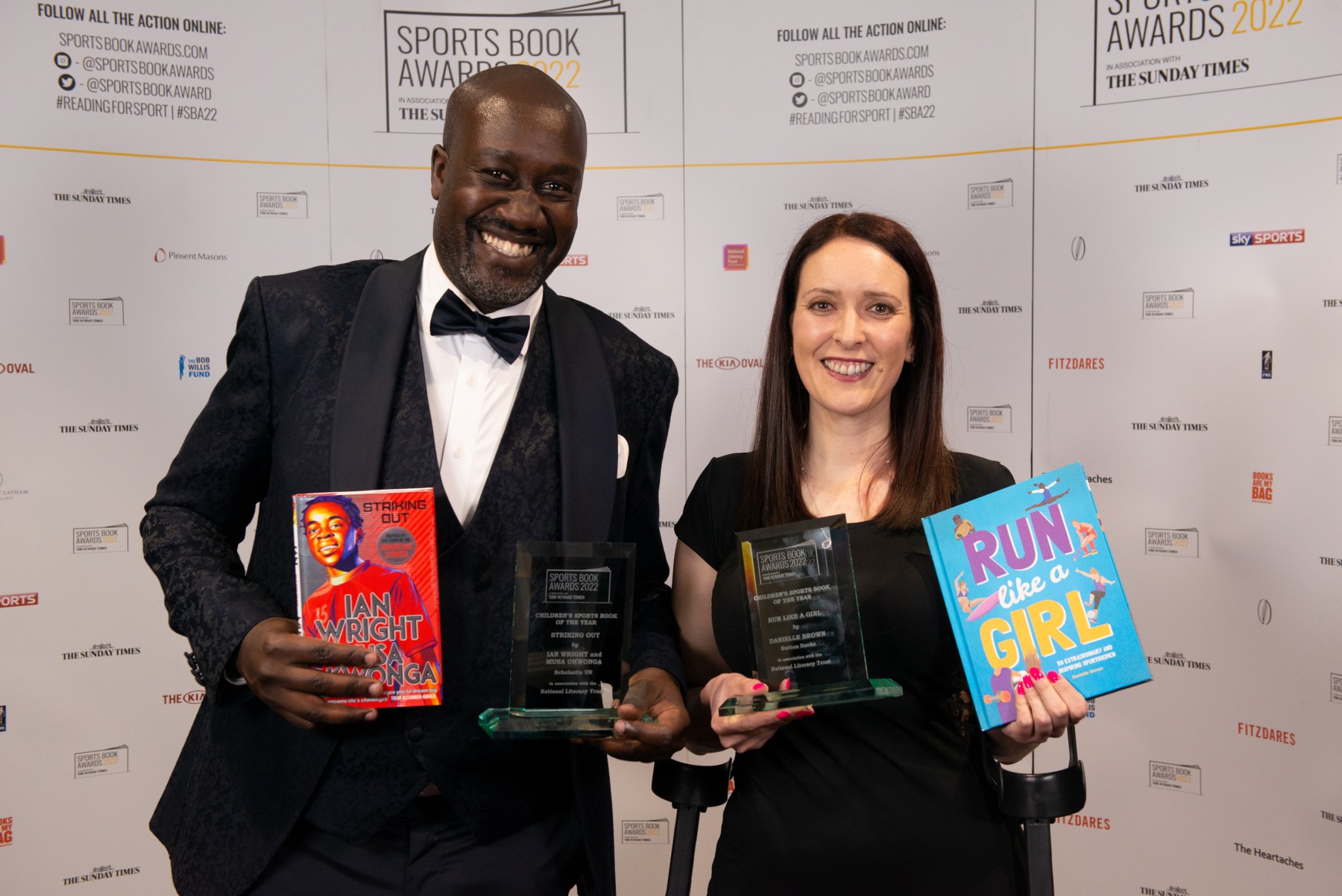
Danielle Brown's Run Like A Girl won the Children's Sports Book of the Year in 2022, alongside Ian Wright and Musa Okwonga for Striking Out
📚 READ NEXT: GET GAMERS READING WITH JANELLE MCCURDY'S MIA AND THE LIGHTCASTERS

